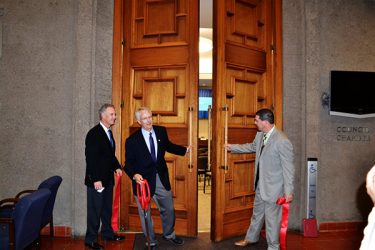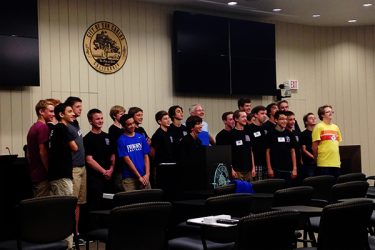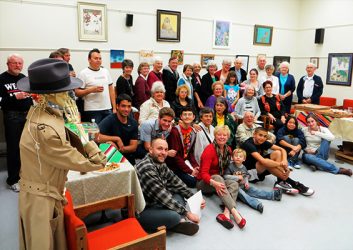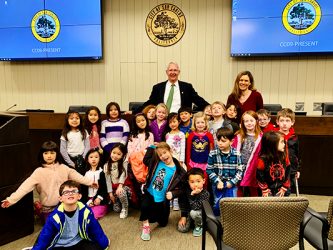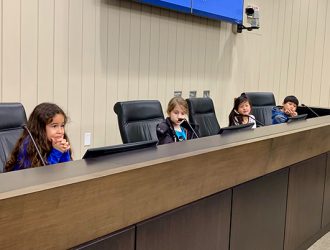This op ed ran, in substantially similar form, in the Daily Post on Wednesday, December 10, 2014.
When the Constitution was being drafted there was a debate about enshrining various rights in the document itself. Some felt it unnecessary because they were such a fundamental part of American culture. It’s one of the reasons the Bill of Rights is an addendum to the Constitution, rather than part of it.
But as the saying goes, “getting it in writing” was a really, really good idea. Because our personal support for those fundamentals generally turns out to be less complete than we think.
Take the concerns expressed by some San Carlos residents about the new owner of the Carlos Club wanting to give his business a different name. They want to preserve a prominent piece of San Carlos history. That’s understandable, and it’s why the owner is subject to many constraints when making changes.
But while the look and feel of signage can be regulated, name changes can’t be forbidden. That would involve a government body or official deciding what the owner can or can’t say, violating her First Amendment rights. It doesn’t matter if the popular will supports the regulation. That’s the whole point of rights: majority rule doesn’t apply.
We all know this, intellectually. Yet people whom I’m sure support freedom of expression are asking the Council to violate it because they believe it’s justified under the circumstances. I even think I heard some of my colleagues on the dais express similar views.
Why does our support for cherished rights come with caveats? I suspect it’s because we all believe, subconsciously, that our own views of issues we care about are the most accurate ones, so the trade-offs we make involving rights are inherently reasonable. We have to work to remember no one has a monopoly on the truth, and the only way we’ll ever get a handle on it is to allow diverse perspectives, including ones we flat out don’t agree with.
Which is why it’s good that our right to freedom of expression got put in writing.




